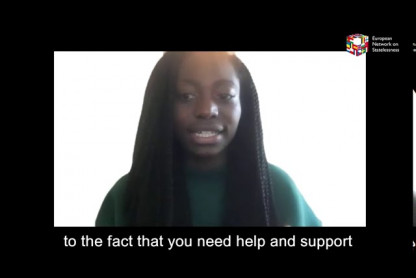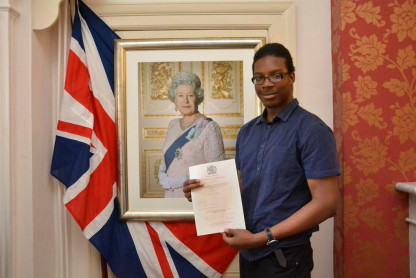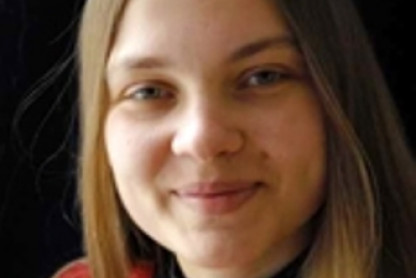Browse through our library of news, events, blogs, interviews and publications. You can also access our Statelessness Index and our Statelessness Case Law Database.
Type
Country
Theme
Year
Summary
- 14 results found
- Protecting the rights of stateless people
- Right to nationality
- Clear all
 Blog
Blog
The long shot: statelessness and the US visa lottery
Many people, including me, won a ‘nationality lottery’ at birth. We were born with automatic citizenship of our country of birth, or with the same… Blog
Blog
Rejected by the homeland: Stateless Libyan Tuareg and the role of migration
This blog outlines the situation of stateless Tuareg in Libya. It is based on a preliminary study conducted through interviews with sixteen Libyan… Blog
Blog
Preventing Statelessness and Nationality Loss in the context of Climate Change
This week, a pioneering report was launched that presents the first in-depth analysis of the legal risks of statelessness and nationality loss in the… Blog
Blog
“The endless waiting has destroyed me” – will the Statelessness Bills discussed in the Dutch Parliament this week bring a solution for stateless people in the Netherlands?
Ahead of the 25th May debate in the Dutch parliament on new draft legislation on statelessness, our Dutch members analyse the proposed laws, their… Blog
Blog
“Non-Citizens” of the Baltics: Common Misconceptions explained
To this day, there are approximately 300,000 non-citizens in the Baltics, in Estonia and Latvia. In contrast to Estonia and Latvia, Lithuania does… Blog
Blog
Collaboration between academics and non-profits can help protect citizenship rights
Building bridges between academia and non-profit organisations through partnerships is a critical tool to protect the ‘right to have rights’. These…'Awaiting' - Stateless lives in Hungary
In 2007, Hungary was the world’s fifth country to introduce a statelessness determination procedure and protection status for those identified as… Publications
Publications
Statelessness and the EU Pact on Asylum and Migration: Analysis and Recommendations
Our analysis focuses on the impact the proposals set out by the European Commission in September 2020 would have on the fundamental rights of… Blog
Blog
Will Malta’s accession to the 1954 Convention help change a culture of ‘outright exclusion’ of stateless persons?
Malta finally acceded to the 1954 Convention relating to the Status of Stateless Persons on 11 December 2019 after numerous calls from civil society… Videos
Videos
Ending statelessness is possible, but we cannot do it without the people affected by it
Currently, more than half a million people are stateless in Europe. Nobody understands the impact of living without a nationality better than… Blog
Blog
Barriers to citizenship facing stateless children born in the UK
Stateless children born in the UK have a right to register as British citizens after living here for a continuous period of five years. But various… Blog
Blog